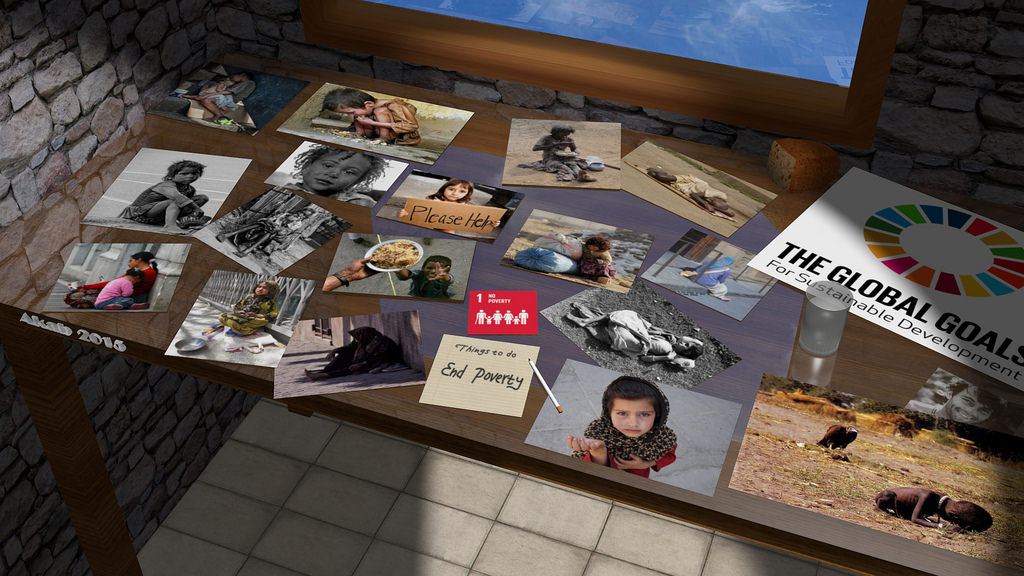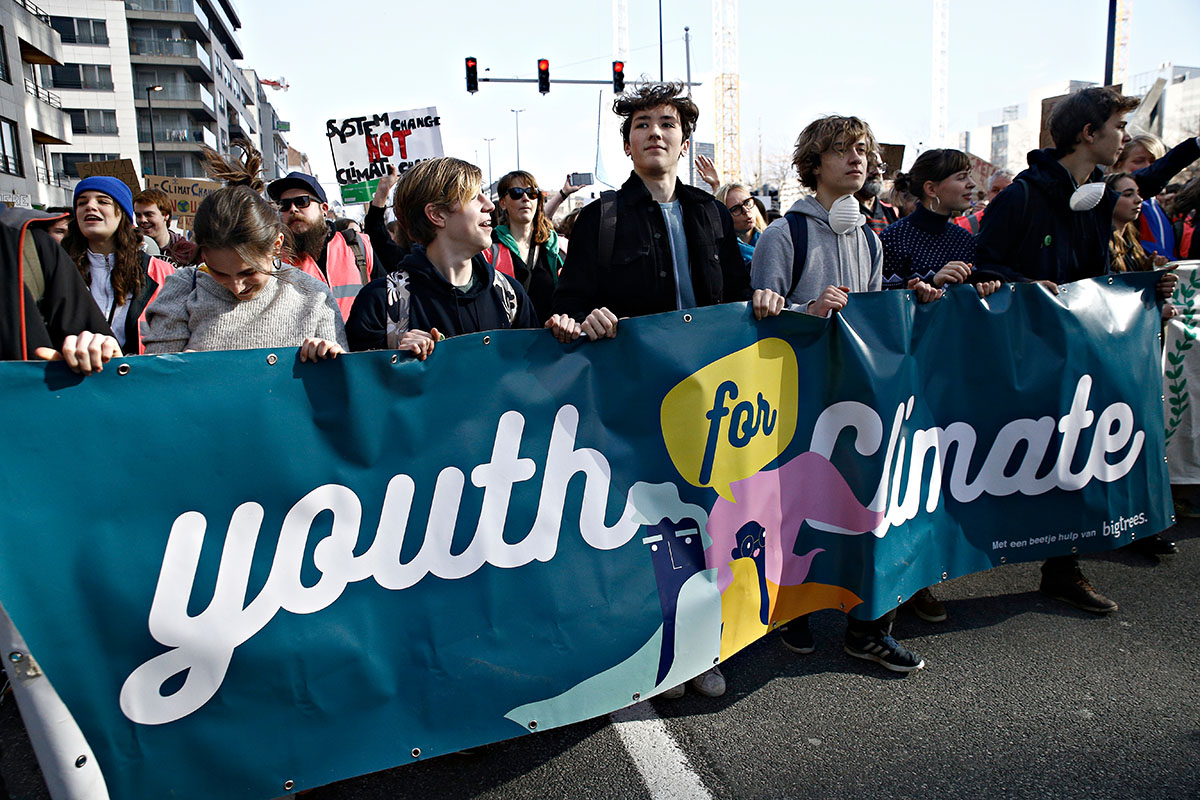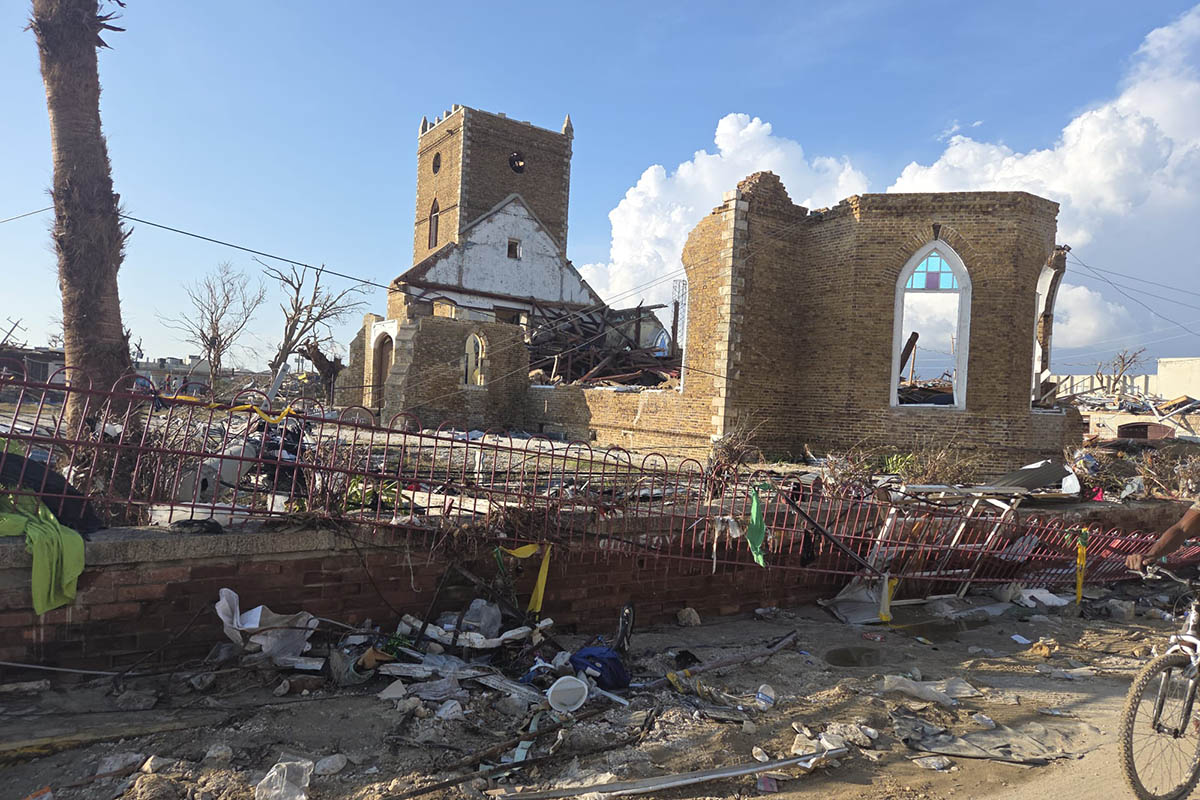“From MDGs to SDGs: What is the next step?”
April 14 Disappointed with missed Millennium Declaration targets, Folmi Yohanna, 27, a Correspondent from Kano in Nigeria, examines whether uneven progress will be addressed through the implementation of recently-adopted Sustainable Development Goals.
Disappointed with missed Millennium Declaration targets, Folmi Yohanna, 27, a Correspondent from Kano in Nigeria, examines whether uneven progress will be addressed through the implementation of recently-adopted Sustainable Development Goals.
The MDGs came into existence in September 2000, where leaders of 189 countries gathered at the United Nations and signed the historic Millennium Declaration, in which they committed to achieving a set of eight measurable goals, including eradicate extreme poverty and poverty; achieving universal primary education; gender equality and empower women; reduced child mortality; improved maternal health; combating HIV/AIDs, malaria, and other diseases; ensuring environmental sustainability and developing a global partnership for development.
These goals were to be achieved by the end of 2015. Well, 2015 has come and gone, and reports have shown an uneven success among signatories to the declaration.
Nigeria’s 2015 Millennium Development Goals End-Point Report is a historic assessment of the planning and implementation as well as the monitoring and evaluation of the whole experience. It indicates that Nigeria has made appreciative progress in the attainment of MDGs in the last 14 years, particularly in the area of universal primary education enrolment, achieving gender parity in education enrolment; achieving gender parity in education; reducing the spread of HIV and AIDS; reducing maternal deaths; as well as halving the percentage of people living in absolute hunger, for which it received recognition from the Food and Agricultural Organization (FAO).
Despite the claims by the Nigeria 2015 MDGs End-Point Report, I have my reservations. I belong to the bandwagon of those who believe no significant difference has been made since the inception of MDGs. This belief is influenced by the poverty, hunger, and child mortality I see within my locality.
In the report, it is acknowledged that despite the appreciable progress stated, some of the targets could not be met due to some challenges in the areas of poverty, insecurity, social inequality, absence of inclusive growth and youth employment. These challenges are not only peculiar to Nigeria, but are shared by other countries in the sub-Saharan region. This can be translated to mean that the MDGs implementation in Nigeria remains an unfinished business.
In a bid to “carry on with the momentum” generated by MDGs in July 2014, the UN General Assembly Open Working Group (OWG) proposed a document containing 17 goals. The goals describe 169 targets covering issues such as ending poverty and hunger, improving health and education, making cities more sustainable, combating climate change and protecting oceans and forests, and became known as Sustainable Development Goals, with the hope that the uneven success achieved with MDGs will be rolled over into the frame work.
It is quite ambitious and a bold move by the UN to come up with such a programme considering that MDGs consisted of eight goals and no tremendous achievements were recorded; indeed the success achieved was an uneven one. To come up with SDGs that will expire in 2030 with 17 goals is quite ambitious.
Unless things are done differently this time, the fate of SDGs will be same as that of MDGs. In the year 2030, we will be talking about another programme that will “carry on with the momentum” generated by SDGs rolled into the frame work of the new programme to be formed.
In Nigeria, to ensure that the failure attributed to MDGs is not repeated, a renewed drive for public-private sector collaboration is set to commence. A Private Sector Advisory Group on Sustainable Development Goals has been established and will provide the global advisor groups with guidance and support to achieve hitch-free implementation of SDGs in Nigeria. I hope such collaboration yields positive results and not just lip service.
I am not being pessimistic regarding the success of SDGs; rather, I am advocating for an approach different from that of MDGs to ensure success of the programme, even if it means each country adopting a model that is more suitable to its unique needs and not for countries to adopt the same approach to achieving the set goals. As the saying goes, “Different strokes for different folks.”
photo credit: Wasfi Akab Things to do: End Poverty via photopin (license)
…………………………………………………………………………………………………………………
About me: I am legal practitioner practicing in Nigeria. I would love to be at the top of my career and hopefully, publish books. Also, be an agent of positive change in Nigeria and the world.
I love reading, practicing my profession, doing voluntary humanitarian activities, watching and playing of football and I love playing video games.
…………………………………………………………………………………………………………………
Opinions expressed in this article are those of the author and do not necessarily represent the views of the Commonwealth Youth Programme. Articles are published in a spirit of dialogue, respect and understanding. If you disagree, why not submit a response?
To learn more about becoming a Commonwealth Correspondent please visit: http://www.yourcommonwealth.org/submit-articles/
…………………………………………………………………………………………………………………




